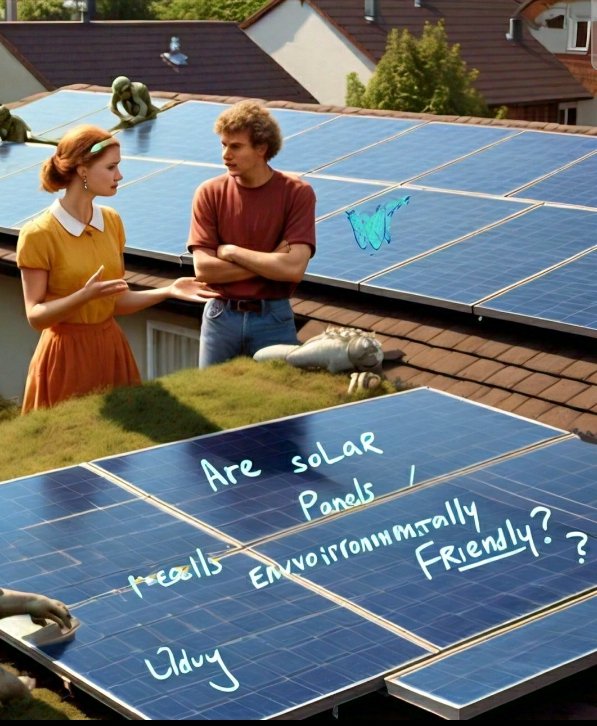Upfront Costs: What to Expect
First things first: the initial cost of solar panel installation can be intimidating. The average residential solar system ranges from $15,000 to $25,000 before any incentives. This might seem steep, but think of it as a long-term investment rather than an immediate expense. Just like buying a home or a car, you’re paying for something that will provide ongoing value. Many companies offer financing options, so you don’t have to pay for everything upfront. It’s like getting a mortgage for your home, but instead, it’s for your very own power plant!
Government Incentives and Rebates
One of the best-kept secrets in solar energy is the array of government incentives and rebates available to reduce costs. The federal Investment Tax Credit (ITC) currently offers a 30% tax credit for solar systems installed before the end of 2032. This means you can deduct 30% of the installation cost from your federal taxes, which can significantly lower your overall expense. Many states and local governments also offer additional rebates and incentives. It’s like finding a hidden stash of coupons that make your big purchase a lot more affordable.
Lowering Your Energy Bills
Once your solar panels are up and running, the real financial benefits start to roll in. Solar power can significantly reduce your monthly electricity bills. By generating your own electricity, you rely less on the grid, and some months you might not owe anything at all. Over the lifetime of your solar panels, these savings can add up to tens of thousands of dollars. Imagine redirecting that money towards a vacation fund or a rainy day savings account instead of handing it over to your utility company every month!
Return on Investment (ROI)
When considering the ROI of solar panels in Pakistan, it’s crucial to look at both the savings on your energy bills and the potential increase in property value. With the country’s abundant sunlight and rising electricity costs, solar panels can significantly reduce your energy expenses. Moreover, according to various real estate experts in Pakistan, homes equipped with solar panels tend to have higher market value and appeal to environmentally conscious buyers. This means that if you decide to sell your home in the future, your investment in solar can result in a higher selling price. Essentially, you’re not just saving money on electricity; you’re also enhancing your home’s market value—a true win-win!
Energy Independence and Predictable Costs
One of the often-overlooked benefits of solar power is the energy independence it provides. With solar panels, you’re less affected by fluctuating energy prices and utility rate hikes. This means you can predict your energy costs more accurately and avoid the shock of sudden increases in your monthly bills. It’s like locking in the price of gas at the pump for the next 25 years, ensuring that your energy budget remains stable and manageable. This financial stability can be a huge relief for homeowners looking to keep their expenses predictable.
Maintenance and Longevity
A common concern about solar panels is the potential maintenance costs. However, modern solar panels are designed to be low maintenance. They have no moving parts and are built to withstand various weather conditions. Most systems come with warranties of 25 years or more, and they generally require minimal upkeep. Occasional cleaning to remove dirt and debris, and periodic inspections to ensure everything is functioning properly, are usually sufficient. Over their long lifespan, the maintenance costs are quite low, further enhancing your overall savings.
Environmental and Social Benefits
While we’re focusing on the financial aspects, it’s worth noting that investing in solar power also has significant environmental and social benefits. Reducing your reliance on fossil fuels lowers your carbon footprint, contributing to cleaner air and a healthier planet. Additionally, supporting renewable energy helps create jobs in the solar industry, boosting the economy. While these benefits might not directly translate into dollars saved, they add value to your investment by contributing to a more sustainable and equitable world

